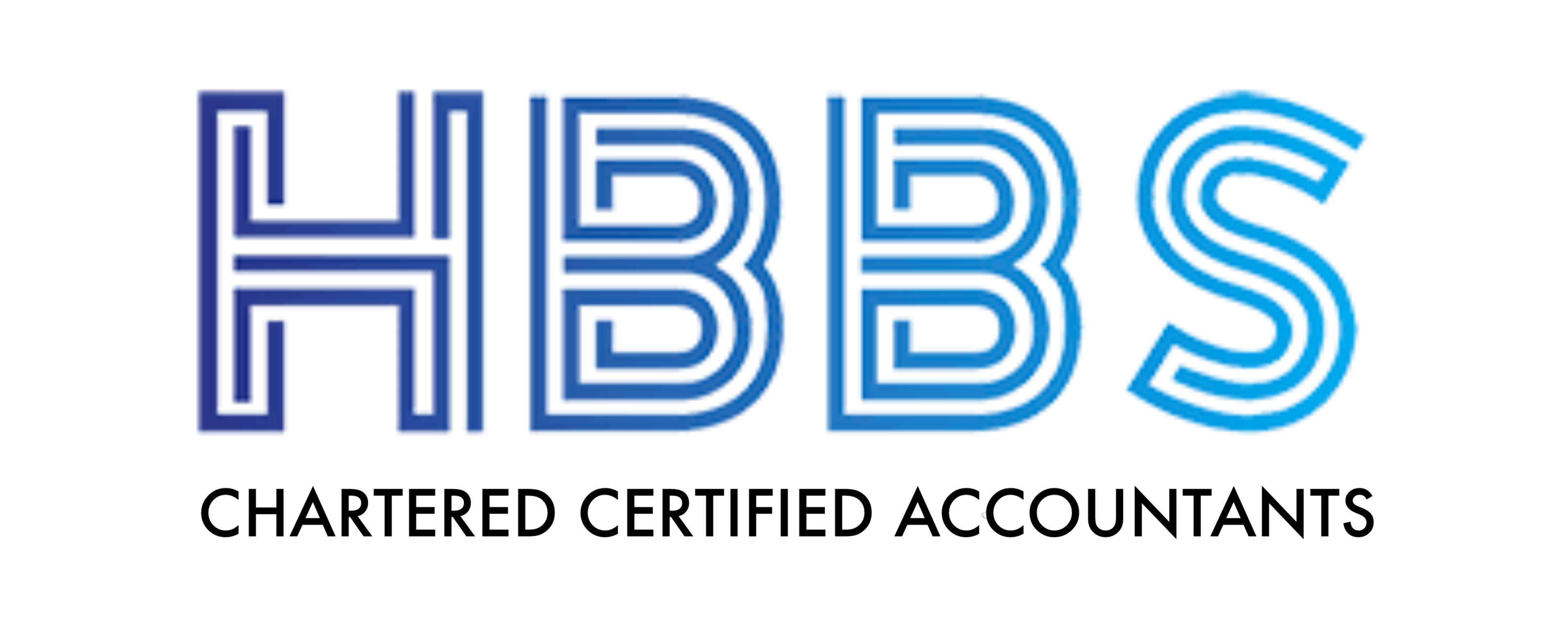Startup Business Accountancy Compliance: What You Need to Know
When starting a business in the UK, ensuring that you comply with the relevant accountancy regulations is crucial to avoid costly mistakes and penalties. From understanding tax obligations to meeting financial reporting requirements, accountancy compliance is a critical aspect of running a successful startup. Here’s a comprehensive guide on what accountancy compliance entails for new businesses.
What is Accountancy Compliance for Startups?
Accountancy compliance refers to adhering to all legal and regulatory requirements regarding business finances. For startups, this includes proper bookkeeping, timely tax filings, financial reporting, and compliance with other regulations like VAT, national insurance contributions, and payroll. Maintaining compliance helps your startup avoid penalties and legal issues, ensuring long-term business sustainability and growth.
Key Areas of Accountancy Compliance for Startups:
- Registering Your Business
- HMRC: Once you set up your business, you’ll need to register with HMRC for tax purposes. This applies whether you’re operating as a sole trader, a partnership, or a limited company. Registration ensures you’re in the system for paying taxes such as income tax, corporation tax, and VAT, where applicable.
- Companies House: If you choose to set up a limited company, you must also register your company with Companies House. This includes submitting your company details and filing annual financial accounts.
- Keeping Accurate Financial Records
- Bookkeeping is one of the most important aspects of accountancy compliance. This involves keeping track of all financial transactions—income, expenses, assets, and liabilities. Accurate records are essential not only for tax purposes but also for tracking your business’s financial health.
- It’s also advisable to use accounting software to automate and streamline the process, ensuring accuracy and reducing human error.
- Paying Taxes on Time
Your business will be subject to various taxes, including:- Income Tax (for sole traders or partnerships)
- Corporation Tax (for limited companies)
- National Insurance Contributions (NICs)
- Value Added Tax (VAT) if your turnover exceeds the VAT registration threshold.
Timely tax filings are essential to avoid fines or penalties. Ensuring that you know your deadlines for submitting Self-Assessment Tax Returns, VAT Returns, and Corporation Tax Returns will keep you in compliance.
- Financial Reporting Requirements
Depending on your business structure, you will need to prepare and submit annual financial reports:- Limited Companies: Must file year-end accounts with Companies House, which include balance sheets, profit and loss statements, and cash flow statements.
- Sole Traders and Partnerships: Must submit a Self-Assessment Tax Return to HMRC detailing your income and expenses.
Even if you are not legally required to prepare detailed financial statements, it is a good practice to do so. This helps you keep track of your financial position and makes tax filings smoother.
- Payroll and Employee Compliance
If you employ staff, you must:- Register for PAYE (Pay As You Earn) with HMRC and manage payroll to ensure that employees are paid accurately and on time.
- Deduct the correct amount of income tax and National Insurance Contributions from your employees’ salaries.
- Submit regular Real-Time Information (RTI) reports to HMRC, detailing employee pay, tax deductions, and NICs.
- VAT Registration and Management
VAT can be complicated, but it is an essential aspect of accountancy compliance for many businesses.- If your turnover exceeds the VAT threshold (currently £85,000), you must register for VAT.
- Even if your turnover is below this threshold, you can voluntarily register for VAT to claim back VAT on purchases.
- Once registered, you’ll need to charge VAT on your sales and file quarterly VAT returns with HMRC.
- Understanding and Managing Tax Liabilities
Tax planning and compliance go hand in hand. By understanding your tax obligations early on, you can plan for tax payments and reduce your risk of missing deadlines or overpaying.- Corporation Tax: Limited companies must pay corporation tax on their profits.
- Capital Gains Tax: If your business sells assets for a profit, you may be liable for capital gains tax.
- Income Tax: As a sole trader or partner, you’ll pay income tax based on your business profits.
- An accountant can help minimize your tax liabilities through strategic planning and ensuring you’re claiming all eligible allowances.
- National Insurance Contributions (NICs)
As a business owner, you are responsible for ensuring that both you and your employees pay the correct amount of National Insurance. This helps fund public services and ensures you qualify for benefits such as pensions.
Why is Accountancy Compliance Important for Startups?
Avoiding Penalties
Failing to meet your tax and reporting obligations can result in hefty fines, interest on unpaid taxes, and even legal action. The penalties for late tax filings or inaccurate financial statements can quickly escalate, draining your business’s cash flow.
Maintaining a Good Reputation
Compliance demonstrates that your business is trustworthy and responsible, which can help build credibility with investors, clients, and suppliers.
Attracting Investment
Investors and lenders will often require financial reports to assess the health of your startup before providing funding. Having accurate, compliant financial records will give them confidence in your ability to manage funds effectively.
Making Informed Business Decisions
By maintaining accurate and up-to-date financial records, you gain better insights into your business’s financial position. This enables you to make more informed decisions, plan for growth, and identify potential financial problems early.
How an Accountant Can Help Your Startup
- Registering Your Business and Structuring It
An accountant can guide you through the process of setting up your business, choosing the right structure (sole trader, partnership, or limited company), and ensuring you meet all necessary registration requirements with HMRC and Companies House. - Managing Your Financial Records
Accountants can help set up bookkeeping systems and ensure your records are accurate, complete, and compliant with tax regulations. - Tax Compliance and Planning
An accountant can help you manage tax filings, ensure that you’re paying the correct amount, and minimize your tax liabilities through effective tax planning strategies. - Payroll Management
If you employ others, accountants can help with payroll administration, ensuring compliance with PAYE, and handling national insurance and pension contributions. - VAT Management
Accountants can assist with VAT registration and filing, ensuring you charge the correct amount and file VAT returns on time. - Financial Reporting and Forecasting
An accountant can help prepare year-end accounts, profit and loss statements, and cash flow forecasts, giving you a clear picture of your financial health.
Conclusion: Building a Solid Foundation for Your Startup
Starting a business in the UK comes with many regulatory obligations, and staying on top of accountancy compliance is essential to avoid mistakes and penalties. From tax filings to payroll, your financial systems must be organized and accurate. Whether you choose to hire an accountant or manage the finances yourself, understanding the importance of accountancy compliance will help ensure your startup’s financial health and pave the way for sustainable growth.



